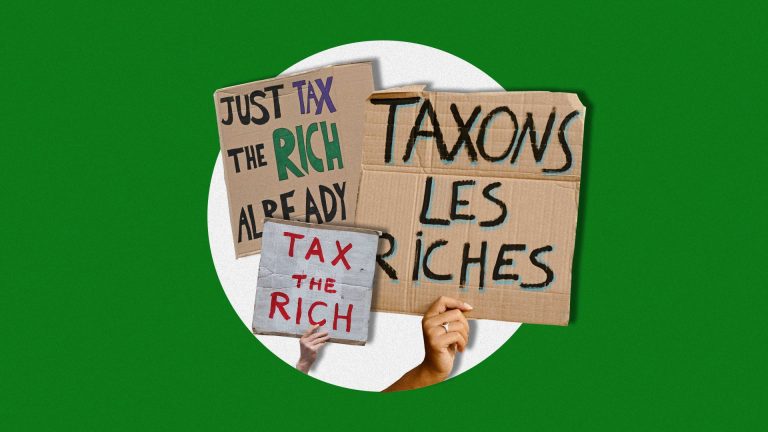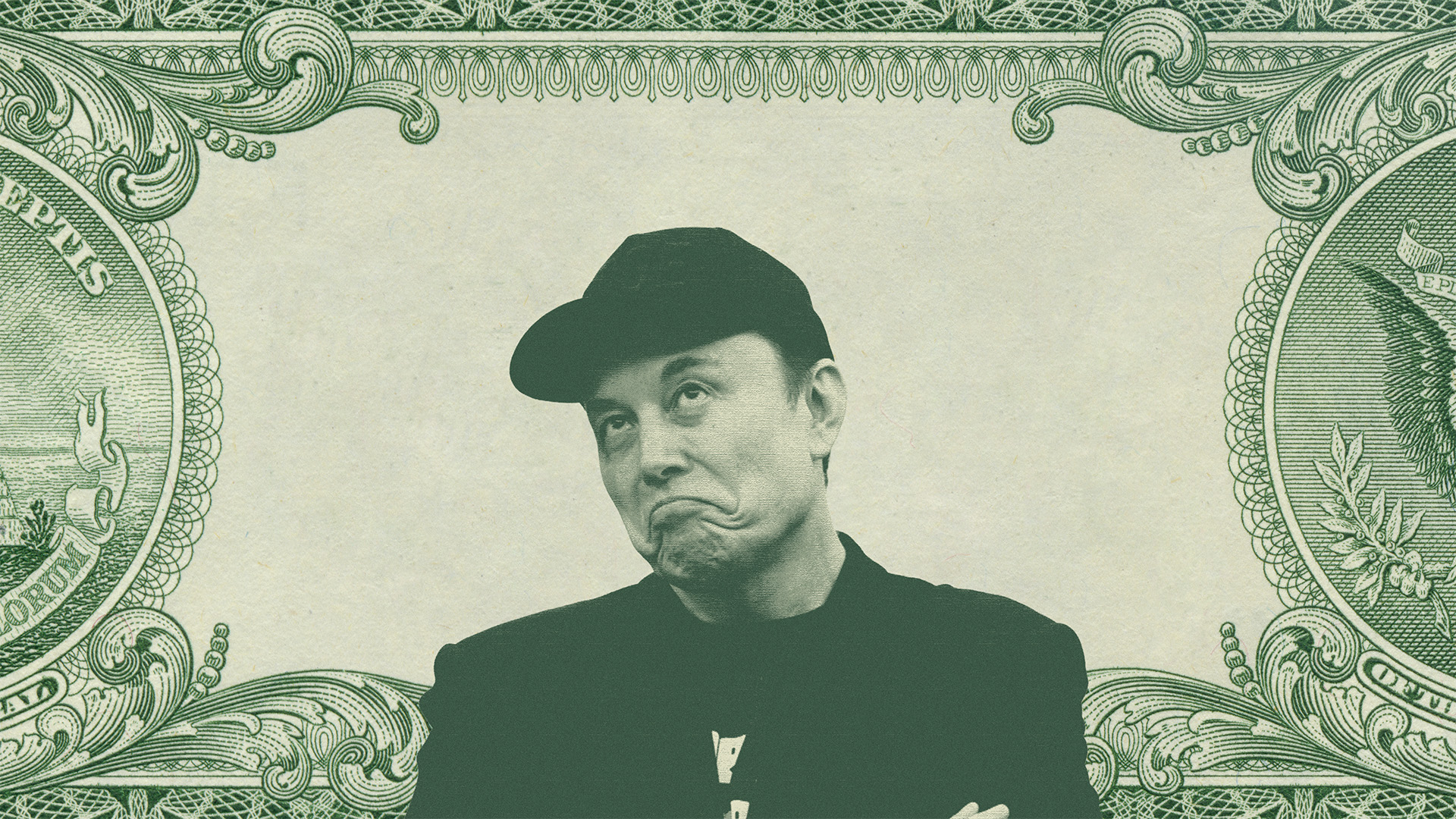Tesla’s shareholders voted to add to Elon Musk’s wealth last week if he meets some ambitious goals. His $1trn “compensation plan” is the largest in corporate history.
Already the wealthiest person in the world, he has a net worth of around $450bn. US tech bros dominate the world rankings of multibillionaires, with Larry Ellison, Jeff Bezos, Larry Page, Sergey Brin and Mark Zuckerberg all in the top 10 and Bill Gates not far behind, despite his admirable charitable activity.
Should we be, to quote Peter Mandelson’s 1998 comment, “intensely relaxed about people getting filthy rich, as long as they pay their taxes”? Or is there something morally wrong with so much of the world’s resources being in the hands of so few? Christians who take St Matthew’s gospel seriously will recognise that being filthy rich might make getting through the eye of the needle on Judgment Day tricky, but are there good secular reasons for restricting individual wealth?
The philosopher and economist Ingrid Robeyns thinks so. In her 2024 book Limitarianism: The Case Against Extreme Wealth, she argued that extreme inequality undermines democracy and hinders responses to the climate catastrophe. In her view, the huge wealth of the super-rich is almost always undeserved and is often tainted by its sources, which frequently involve present and past human rights violations.
Unlike radical egalitarians, Robeyns is willing to tolerate inequalities of wealth, just not the extreme ones created by excessive executive compensation packages, inherited wealth and the elaborate tax avoidance schemes only available to the very rich. Her solution: there should be legal limits to the wealth of individuals, but also ethical limits.
Legal limits are a matter for governments; ethical ones should be adopted by individuals. Robeyns hazards a ballpark figure for these: the legal limit should be around £10m per person; the ethical one, a maximum of £1m.
The disproportionate influence of the super-rich on democracy is easy to see in the US, a society at risk of descent into plutocracy. But the direct and indirect influence of the super-rich on British politics is only just beneath the surface. Robeyns’s most interesting arguments from a philosophical angle, however, aren’t about disruptive political influence, but about the moral desert.
It is a mantra of neoliberals that entrepreneurs deserve their extreme wealth because it is by their risk-taking activity that they create wealth that eventually trickles down to the poor. Give these entrepreneurs free rein, give them tax breaks, let them be paid astronomical amounts, and society will benefit.
Suggested Reading


Just tax the rich
Unfortunately, though, trickle-down economics is a convenient myth disproved by empirical research. Robeyns quotes Elizabeth Warren’s wry and accurate observation, “Wealth doesn’t trickle down. It trickles up.”
And as Robeyns points out, it rarely trickles in the direction of the global south, a source of much of the material and labour involved in producing consumer goods for the global north. The clothes you are wearing that likely made an entrepreneur super-rich may well have been sewn by someone who can barely afford to live.
Robeyns’s most philosophically interesting claims, though, are about responsibility for what we are and become. Against those who maintain the super-rich deserve their wealth, she argues that it is almost all down to their luck in the lottery of life.
Great fortunes come from great fortune. The super-rich inherit wealth, or they have the kind of genes, the early upbringing, and the luck about where and when they were born that combine to make their wealth-generating activities so lucrative.
They’re lucky that they have the energy needed to succeed or the vision to seize opportunities. This is as true of Cristiano Ronaldo or JK Rowling as it is of Richard Branson or Sergey Brin.
Many of the super-rich think of themselves as having earned their disproportionate share of the world’s resources through their own merits. Robeyns isn’t a determinist; she does think we have some contribution to make in what we become, but argues that on the whole, meritocracy is wishful thinking: the degree to which we shape our lives is far less than most of us imagine.
One comeback to this is that even if she is right about the role of chance in life, and the super-rich are mostly just super-lucky, it doesn’t follow that they don’t deserve their wealth. Someone who wins the lottery is super-lucky, too.
But we don’t think of lottery winners as undeserving of their prizes. They’re just lucky. That’s not how the super-rich usually think of themselves, but perhaps they should.




